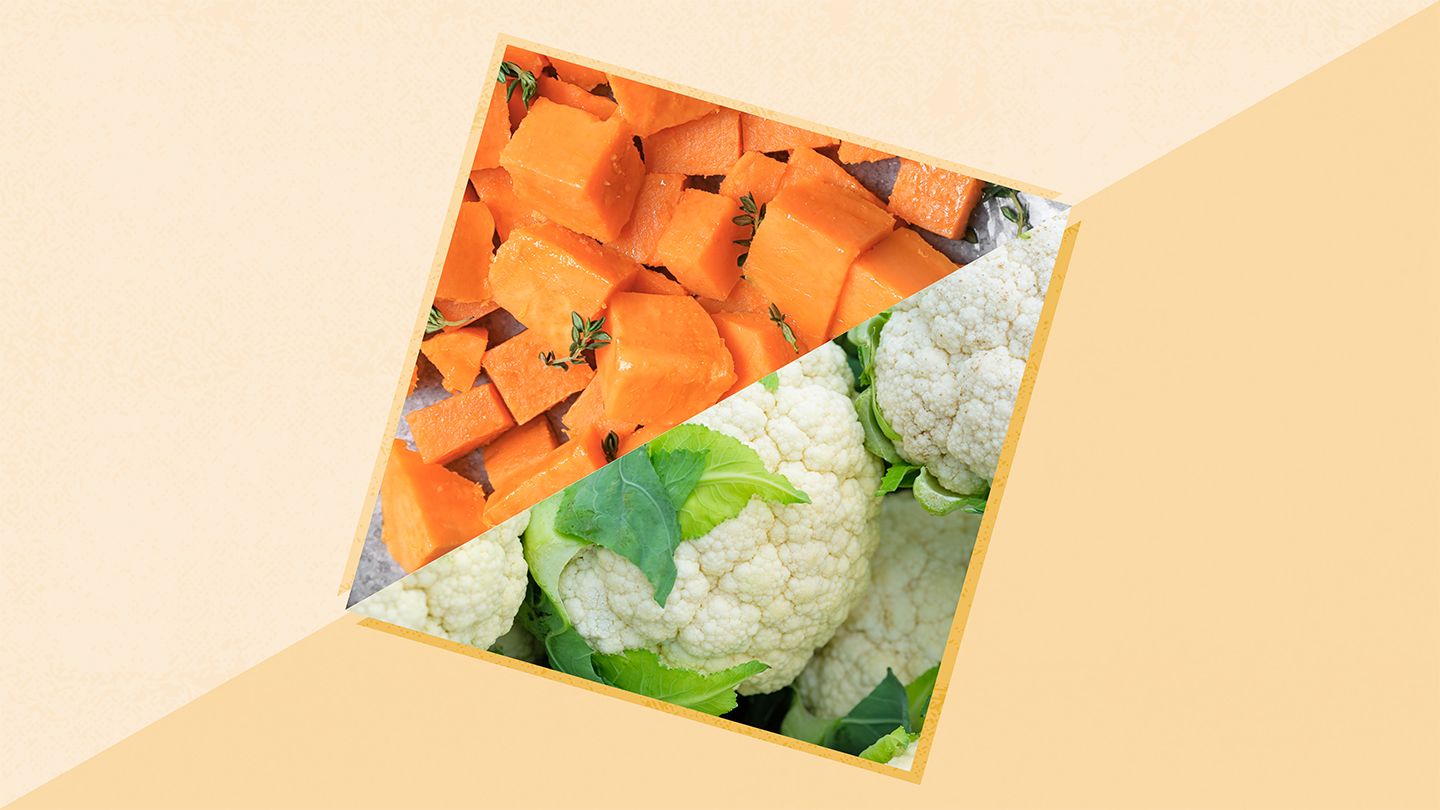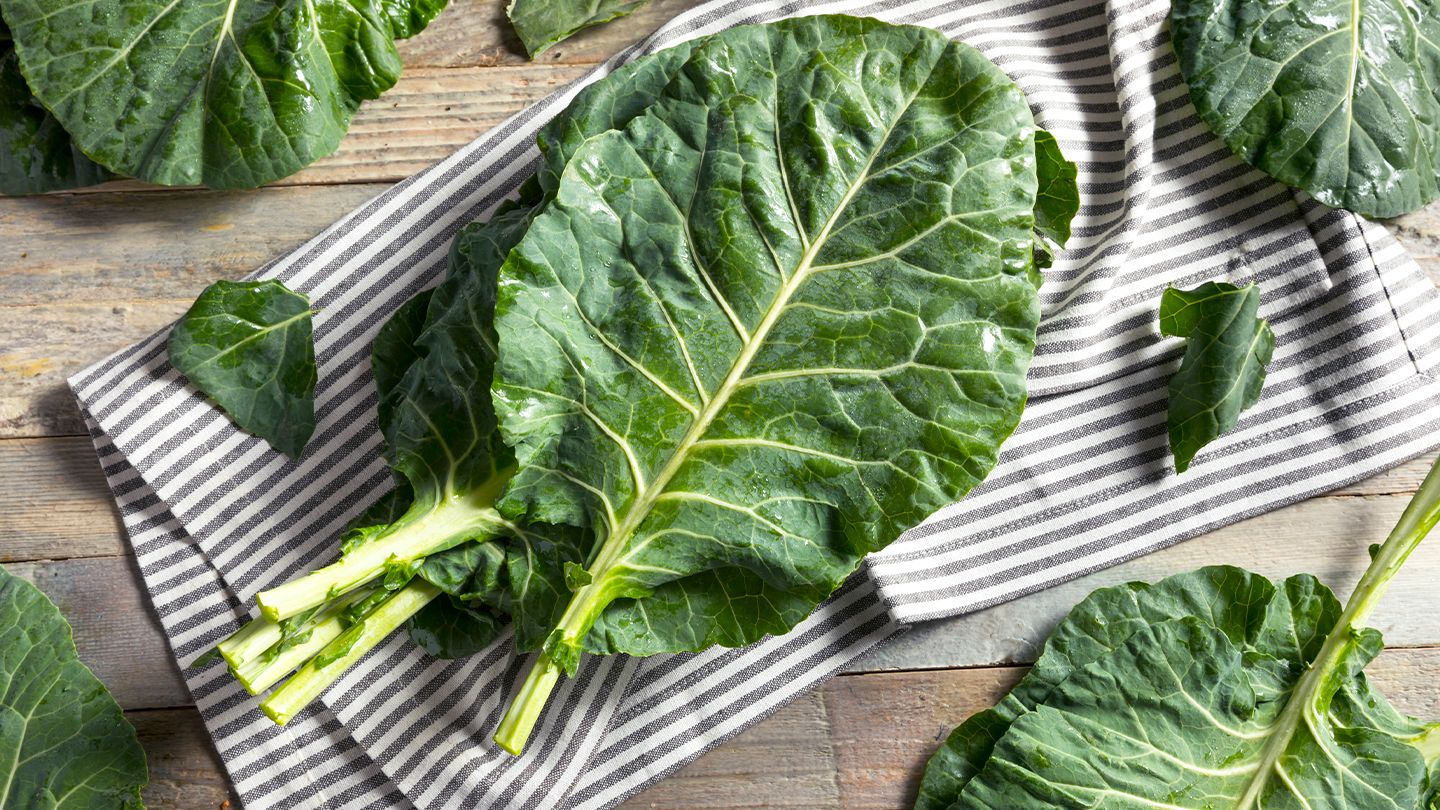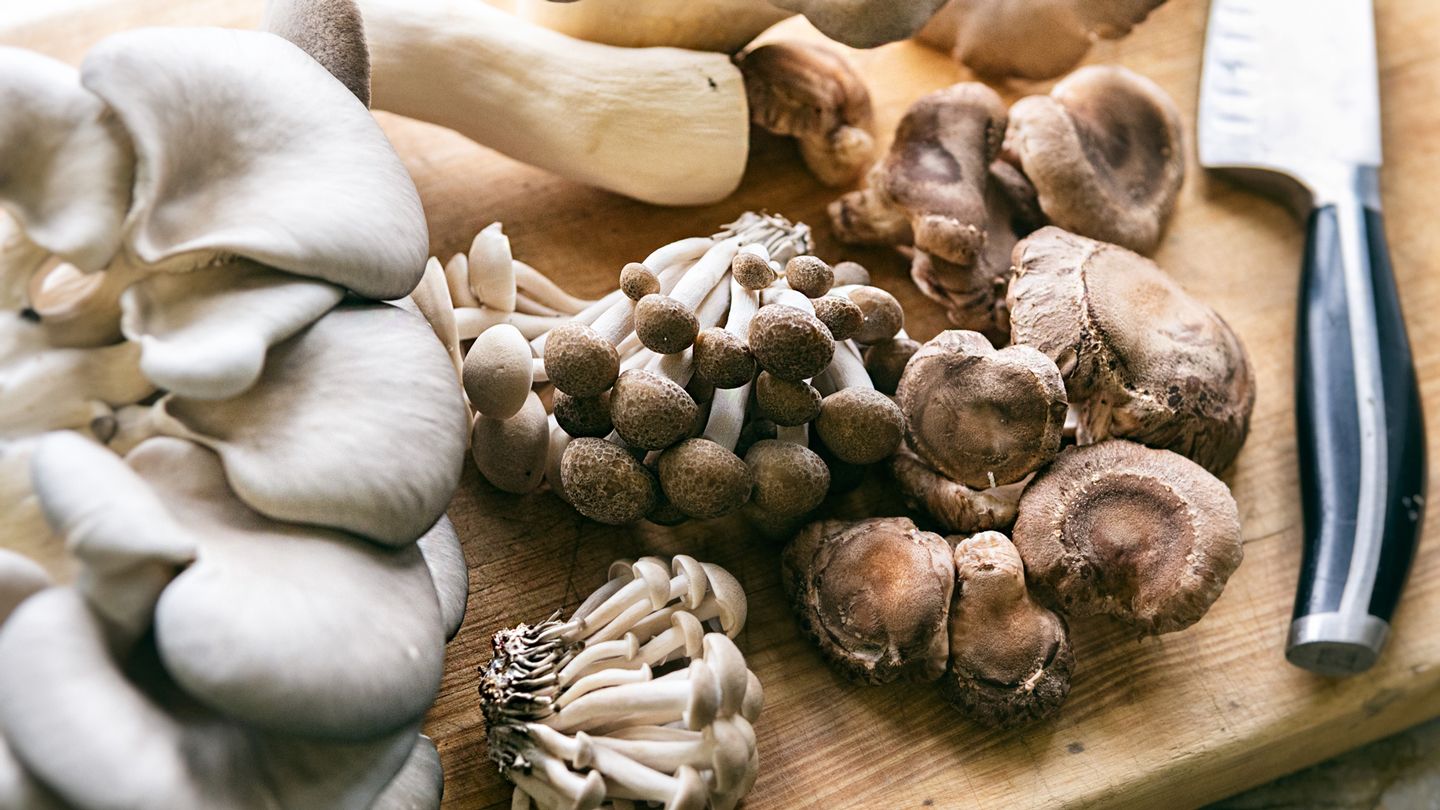Fueling Your Runs with a Ketogenic Diet
The unique metabolic state induced by following a very low-carb, high-fat ketogenic diet can require some different strategies to power your running performance. Heres what to know about optimizing your keto fuel sources before, during and after running.
How Keto Impacts Running Performance
On a standard higher-carb diet, your body relies mainly on breaking down glycogen from carbs to fuel moderate to high-intensity runs. But in the metabolic state of ketosis, your body shifts to burning fat and ketones instead of glycogen.
This switch can take a few weeks of strict low-carb eating below 50g daily. Initially, most runners find their endurance declines as their body adapts. But after becoming fully keto-adapted, many achieve the same or greater endurance they had pre-keto once again utilizing fat as fuel.
Preparing Muscles and Energy with Pre-Run Ketogenic Foods
While your keto-adapted muscles can tap endless fat stores during runs, you still need to fill glycogen to hit higher intensities. Consuming pre-run snacks or meals high in fat 3-4 hours prior gives your body time to convert dietary and stored fat into ketones to power performance.
Nut Butters
A few tablespoons of peanut or almond butter supply energy-dense fats to keep you running strong without spiking blood sugar.
Avocados
Rich in potassium for hydration and inflammation-lowering magnesium, antioxidant-packed avocado slices or guacamole make great high-fat pre-run energy.
Coconut Oil Coffee
Making bulletproof coffee with 1-2 tablespoons of MCT oil powder or coconut oil boosts ketone levels to burn.
Eggs and Bacon
Free-range eggs cooked in bacon grease with a side of bacon gives a shot of protein and fats for endurance.
Hydrating Properly Before and During Keto Running
Hydrating well before and while running is always essential, but pays extra dividends on keto. Water helps transport glucose and ketones to muscles for fuel. Dehydration causes carb cravings.
Sparkling Water
Fizzy waters like La Croix offer electrolytes like magnesium and sodium to replace mineral losses while running without additives.
Bone Broth
Sipping bone broths made with vegetable scraps or bones before running provides steady electrolytes from potassium, calcium and magnesium.
Exogenous Ketones
Supplements with beta hydroxybutyrate salts rapidly elevate blood ketones and hydrate simultaneously.
Liquid IV
These powdered drink mixes contain five key electrolytes for fast hydration without added sugars.
Getting Quick Energy from Portable Running Snacks
Though trained muscles can keep running off fat, quick carbs from keto-approved foods can provide an energy boost when needed mid-run without kicking you out of ketosis.
Beef Sticks
Also known as beef jerky, cured meat sticks offer sodium, potassium, protein and some carbs for easily-transportable calories.
Seeds
A small handful of pumpkin, sunflower or chia seeds every few miles offers an energy kick, minerals and crunch.
Nut Butters
Squeeze packs of almond or peanut butter deliver fat and protein in convenient pocket-sized portions.
Low-carb Chews
Some chews made with almond butter or nut flours give measured doses of carbs to maintain even energy during longer runs.
Post Run Ketogenic Foods for Recovery
Refueling correctly after finishing vigorous runs helps reduce muscle soreness while restoring hydration and electrolytes.
Bone Broth
Quickly replace minerals lost through sweat by sipping cups of homemade bone broth after each run.
Avocado
The potassium, vitamins and healthy fats in avocados help calm inflammation from running and satisfy hunger.
Leafy Greens
Spinach, kale, chard and other greens provide electrolytes, along with vitamins A, E and K to help soothe aches.
Grass-fed Whey
A scoop of pure whey protein powder supplies muscle-building amino acids to aid repair after tough runs.
Modifying the Keto Diet for Endurance Running
Making some small modifications to a standard super low-carb ketogenic diet around training times can help high-mileage runners better sustain performance.
Increasing Pre-Run Carbs
On days you'll run over 60 minutes, boost pre-run carbs slightly to 25-50 grams from vegetables and low glycemic index fruits like berries to top off glycogen stores.
Peri-Workout Carbs
During long runs exceeding 90 minutes, consuming an additional 15-30g carbs hourly from foods like nuts, seeds and sticks ensures steady muscle fueling.
Post-Run Carb-Ups
The one or two days after completing high-strain runs like marathons allow glycogen-replenishing starchy carbs without interrupting ketosis long-term.
Periodic High-Carb Days
Scheduling "re-feed days" every two weeks with increased clean carbs assists some athletes pushing extreme distances like training for ultramarathons.
Listen to Your Body's Signals
Pay attention to cues like lagging energy, excessive hunger or cravings during runs that may indicate needing to tweak your personalized keto fueling strategies. Be prepared to experiment to discover the ideal diet ratios and fuels for powering your running.
FAQs
Does running performance drop on keto?
Many runners experience declines in endurance initially during the fat adaptation phase. But after becoming keto-adapted, most return to equal or better performance by utilizing fat and ketones versus glycogen.
What foods fuel runs in ketosis?
High fat foods like avocados, nut butters and MCT oil help generate ketones for energy. Portable snacks like seeds, beef sticks and low-carb chews provide quick carbs when needed.
How can I restore hydration and electrolytes on keto?
Drink plenty of fizzy mineral waters and bone broth. Post-run foods like avocado, leafy greens, whey and more broth replace electrolytes lost while running.
Should I carb up before long runs on keto?
Consuming some extra carbs from low glycemic fruits and vegetables 1-2 days prior can top off glycogen stores. During runs over 60-90 minutes, small hourly carb boosts can sustain performance.
Disclaimer: This article is for informational purposes only and does not constitute medical advice. Always consult with a healthcare professional before starting any new treatment regimen.
Related Coverage
Pretzels are high in carbs yet can be enjoyed in moderation on keto. Learn about pretzel nutrition, low carb swaps, keto recipes and tips for fitting pretzels into your diet....
Collard greens are low carb and keto-friendly. Learn about the benefits of collard greens on keto, their nutrition facts, how to prepare them, and potential downsides....
Does trazodone cause tardive dyskinesia? Learn about the rare risk, symptoms, diagnosis, and ways to manage abnormal mouth and face movements that arise from medication....
Explore 30+ delicious low carb vegetarian keto recipes for breakfast, lunch, dinner, and more. This complete guide makes vegetarian keto easy and sustainable....
Can you drink Diet Coke during intermittent fasting? Get the facts on artificial sweeteners, insulin, hunger cues, and more. Learn the best and worst beverages for fasting....
Get the facts on Cooper cheese nutrition. Learn the pros and cons of eating this semi-hard Swiss cheese, how to incorporate it into a balanced diet, and healthier alternatives....
Learn how to order keto-friendly meals at Chick-fil-A including grilled chicken sandwiches with no bun, salads, and low carb breakfast, lunch, and dinner options....
Learn all about the carbohydrates, fiber content, and net carbs found in different types of mushrooms. See how mushrooms can fit into a low-carb or keto diet....
This article explores the concept of an alkaline ketogenic diet. It provides an overview of alkaline and keto diet principles and details a cookbook fusing the two approaches....
Enjoy pumpkin cheesecake, chocolate mousse, pecan pie bars and more without falling out of ketosis. Get tips for making keto desserts plus over 20 scrumptious Thanksgiving recipe ideas....









